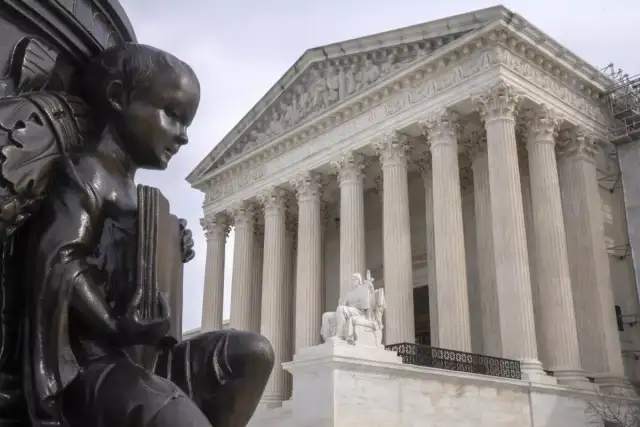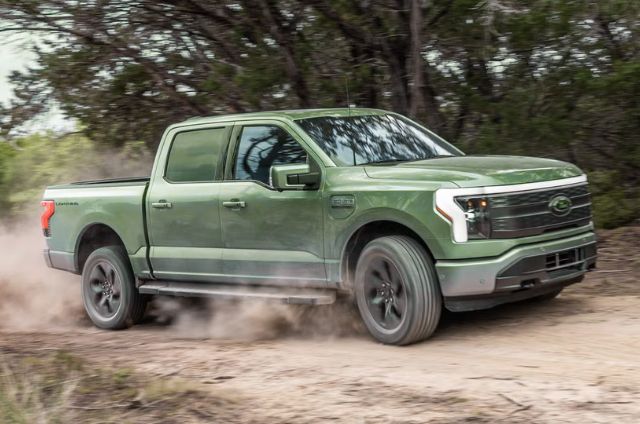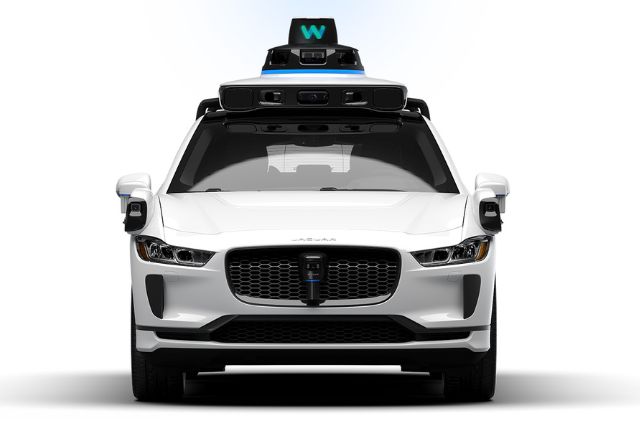The U.S. Supreme Court recently declined to hear a significant challenge to California’s emissions authority, granting the state a temporary reprieve to push forward its EV-focused goals. As California eyes a 2035 ban on new gas-only vehicles, challenges are far from over. Here’s what’s at stake.
Court Declines to Hear Challenge
The Supreme Court rejected a petition from Ohio and other states, along with oil and gas companies, to review California’s Clean Air Act waiver. This waiver allows the state to set stricter emissions standards than federal regulations.
However, the Court’s decision only addressed the standing of the challengers, not the merits of their claims. While this ruling temporarily shields California’s EV policies, the battle is far from over.
California’s Bold EV Push
California aims to eliminate sales of gas-only cars by 2035, accelerating the shift to electric vehicles. This ambitious goal has drawn fierce opposition from conservative groups and fossil fuel interests.
For example, the Heritage Foundation’s Project 2025, potentially influential in shaping a second Trump administration, seeks to limit California’s waiver. The plan aims to restrict the waiver’s scope to pollution specific to California, excluding greenhouse gas emissions.
This “surgical strike” against EV standards differs from the Trump administration’s 2019 attempt to revoke the state’s emissions authority entirely.
Automakers Divided
California’s policies have historically divided automakers. In the last major emissions battle, companies like BMW, Ford, Honda, Volkswagen, and Volvo supported California, citing global market alignment. Meanwhile, General Motors, Fiat Chrysler (now Stellantis), and Toyota sided with the Trump administration.
The outcome of any future challenges will likely hinge on how automakers weigh the benefits of California’s policies against political pressures.
What’s Next?
While the Supreme Court’s decision temporarily protects California’s authority, the fight is far from over. A second Trump administration could bring renewed efforts to curtail EV-friendly policies. Ironically, such actions may clash with states’ rights, a principle central to the Republican Party.
For now, California remains a leader in EV adoption and climate action. But with political battles looming, its path to a gas-free future is anything but certain.
Stay tuned as this critical debate continues to unfold. Will California maintain its EV leadership, or will its progress face new roadblocks?



